

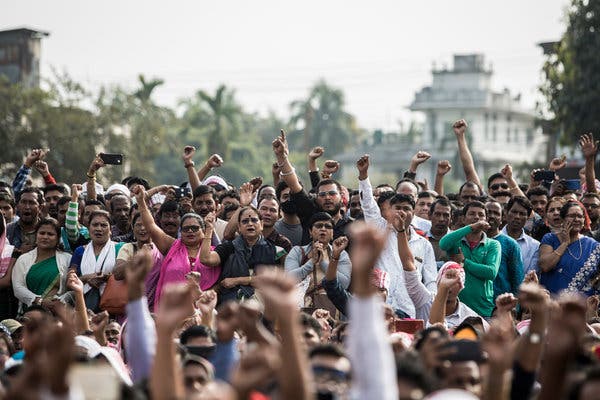
A police official in UP's Sambhal has caused a stir by advising Muslims to stay indoors on Holi if they feel uncomfortable with the colors. The official equated the festival's significance to that of Eid for the Hindu community, drawing backlash from opposition parties. The controversial remarks were made during a peace committee meeting ahead of Holi, which coincides with Friday prayers during Ramzan.
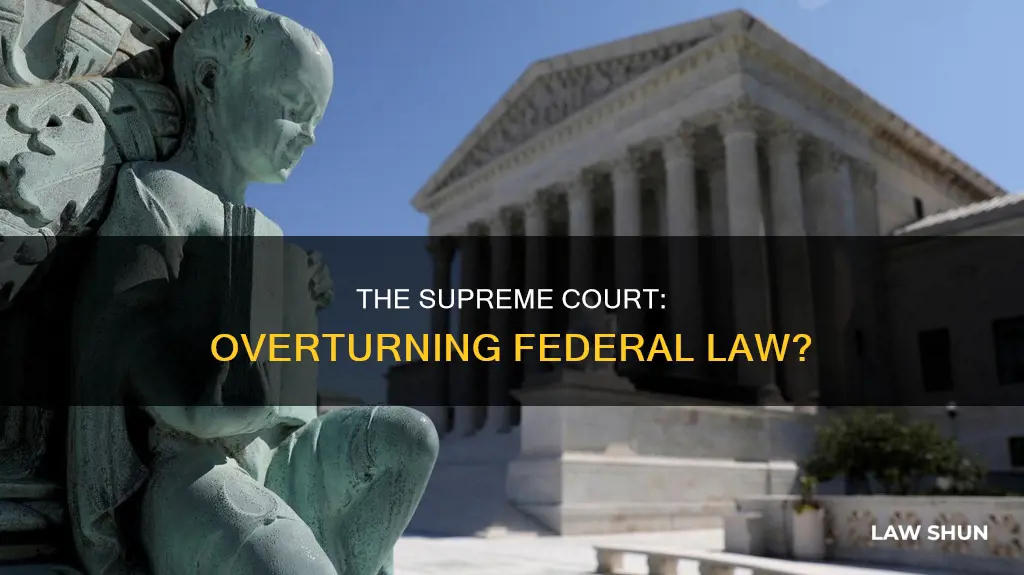
The recently passed Waqf (Amendment) Act, which addresses the management of religious properties, has sparked controversy and has been challenged in the Supreme Court. This raises the question of whether the Supreme Court has the power to overturn a law passed by the Parliament. This article explains the Supreme Court's authority and previous instances of it declaring laws unconstitutional.
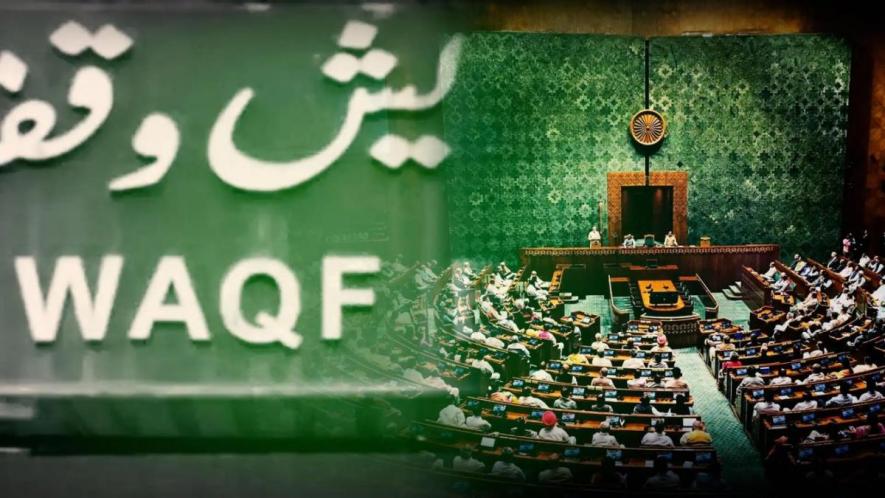
In a hearing regarding the constitutional validity of the Waqf (Amendment) Act, 2025, Chief Justice of India Sanjiv Khanna stated that the Supreme Court has recorded the Centre's assurance that no appointments will be made to Waqf Boards and Councils under the Act until the next hearing. The Court has directed that a nodal counsel be appointed to coordinate amongst all parties involved and that no Waqf property, including those declared by notification, will be altered by the Collector. The Centre has been ordered to provide a response within seven days and the petitioners have been given five days to respond.
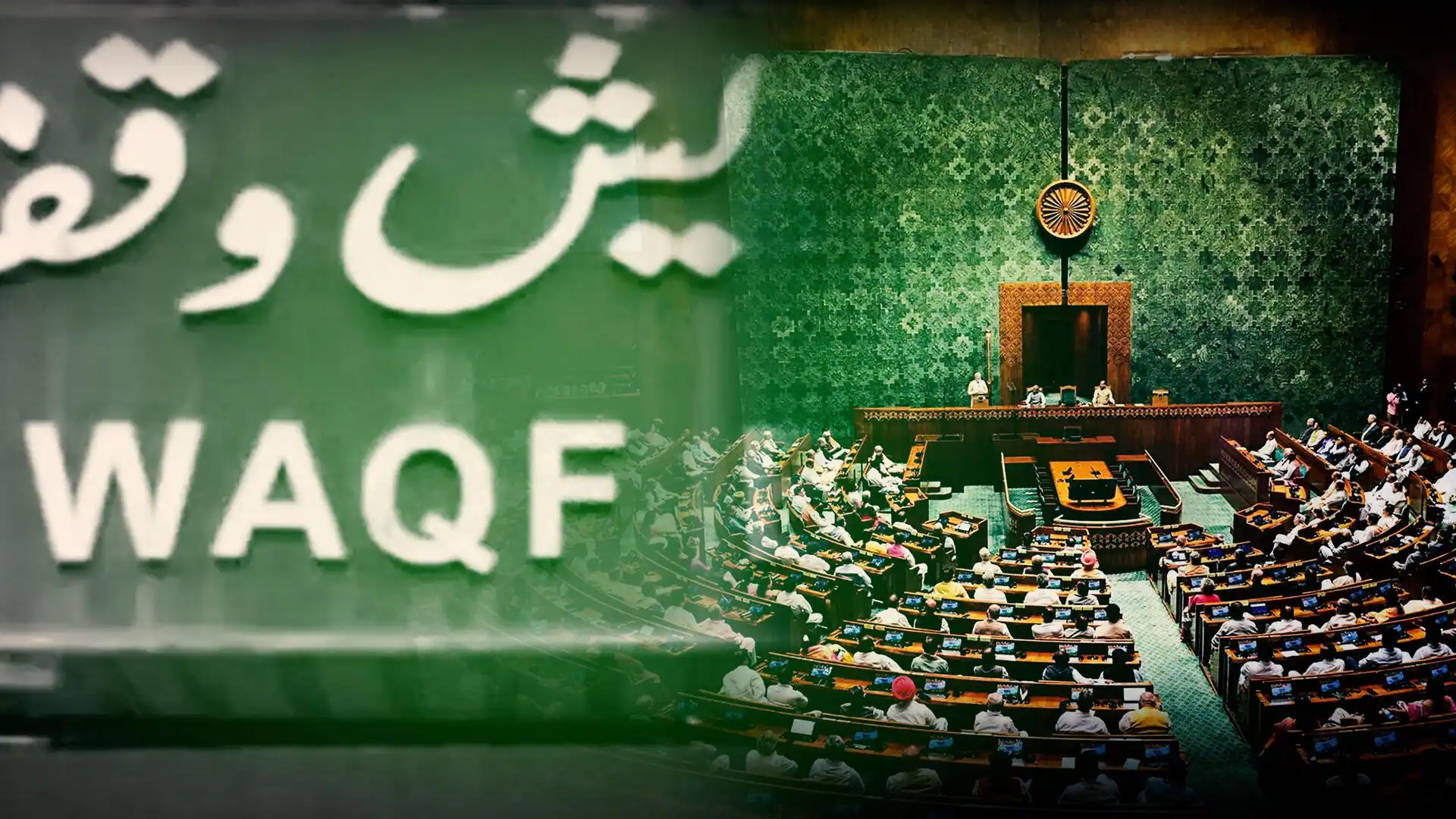
In a recent hearing, the Supreme Court has ordered protection of registered Waqf and announced that the Centre will have to respond within seven days to the petitions challenging the Waqf (Amendment) Act. This comes as the court continues to hear the petitions challenging the act, ensuring that Waqf, already registered or declared, will not be denotified or changed by the Collector until the next hearing. This decision has been met with both scrutiny and support from various political entities.
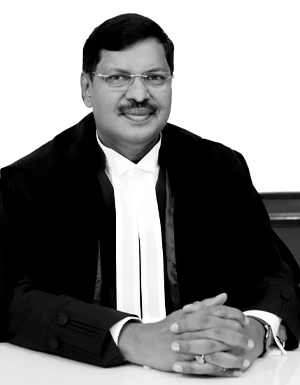
Justice Bhushan Gavai, a noted Supreme Court judge, has been recommended for the position of next Chief Justice of India by current CJI Sanjiv Khanna. Gavai is set to become the second Dalit to hold this prestigious position, after Justice KG Balakrishnan in 2007. With notable judgements such as the abrogation of Article 370 and being a native of Maharashtra, Gavai is poised to make a mark during his approximately six-month term as CJI before his retirement in November.

In a recent statement, Andhra Pradesh's Minister Ponguru Narayana dispelled any doubts about the development of the state's capital, Amaravati. He reassured farmers that their lands' value will not decrease and highlighted the Chief Minister's long-term vision for the city. However, he also stressed the need for new land acquisitions for companies and the construction of an international airport, which may cause financial losses for some farmers. With the completion of employee buildings and trunk roads, Chief Minister Chandrababu Naidu is moving forward with innovative plans to boost Amaravati's growth and infrastructure.
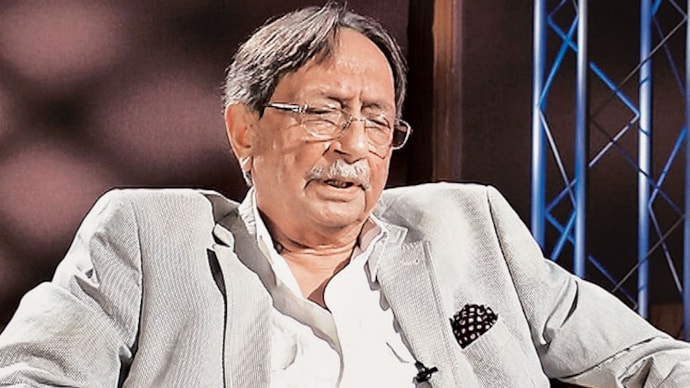
Former RAW chief AS Dulat's new book 'The Chief Minister and the Spy' has made explosive claims about National Conference chief Farooq Abdullah's stance on the abrogation of Article 370 from the Constitution. According to the book, Abdullah publicly opposed the move, but in private, he supported the Centre's decision. However, his party has denied these claims, calling the book 'sensational'. The book also reveals that the government had detained Abdullah in an attempt to make him accept the new reality, but he refused to endorse the decision upon his release in 2020.
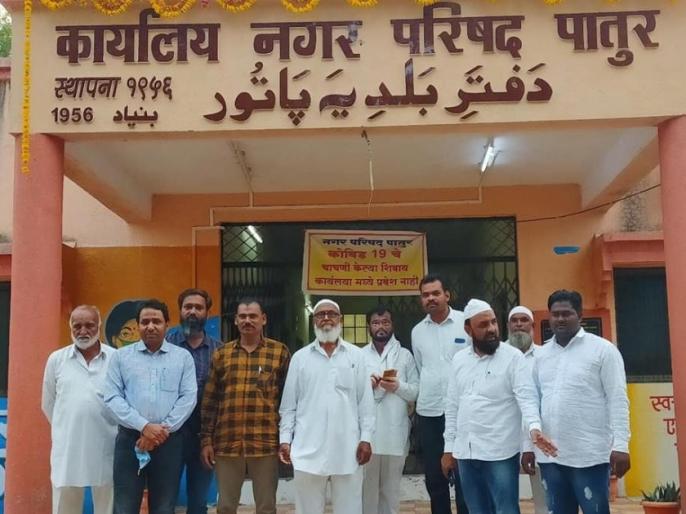
The Supreme Court of India has upheld the use of Urdu on municipal signboards in Maharashtra, dismissing a petition that objected to its inclusion alongside Marathi and English. The judges emphasized that India's strength lies in its rich cultural and linguistic diversity, and that the use of Urdu is neither unconstitutional nor discriminatory. The decision reaffirms India's constitutional commitment to protect and promote linguistic and cultural diversity, urging all citizens to celebrate rather than be threatened by it.
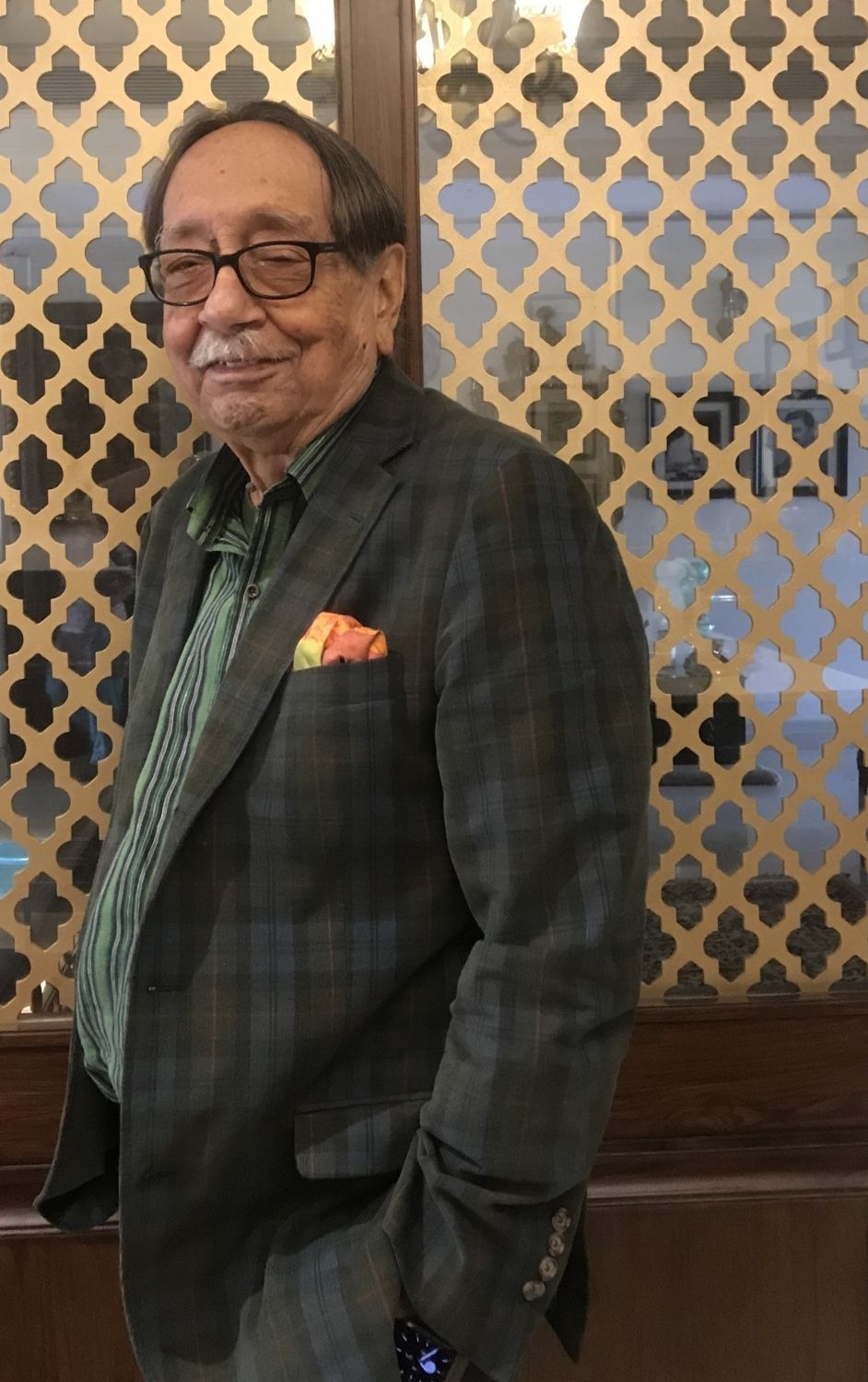
In a recent scandal surrounding the abrogation of Article 370 in Kashmir, Farooq Abdullah's daughter Safia Abdullah Khan has publicly denounced former RAW chief AS Dulat, stating that she never trusted him and that he was only loyal to himself. Dulat's new book claims that Farooq Abdullah actually supported the Centre's move, causing doubt among politicians and the public alike. Mehbooba Mufti's daughter Iltija Mufti also spoke out, accusing Farooq of choosing to stay in Kashmir instead of the Parliament during the decision, further adding to the controversy.
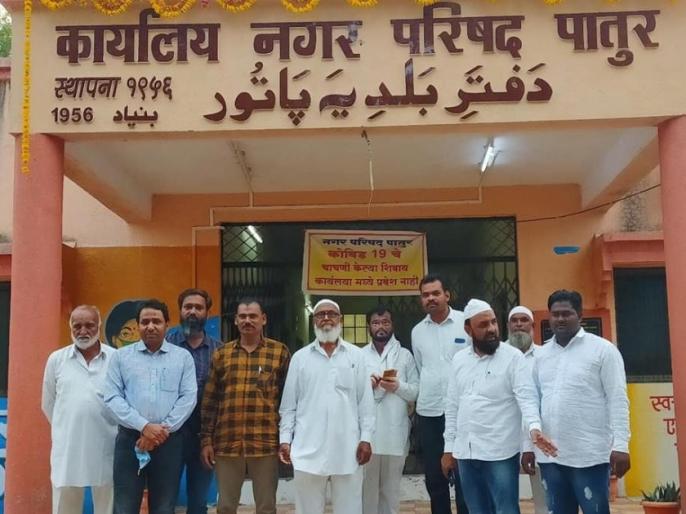
The Supreme Court recently rejected a challenge to the use of Urdu on the signboard of a Municipality in Maharashtra and emphasized that language should not be a cause for division in a diverse country like India. The Court upheld the Bombay High Court's decision stating that the use of Urdu, along with Marathi, would not violate any laws. The judgment also addressed the prejudice against Urdu and highlighted its cultural significance as the sixth most spoken Scheduled language in India.
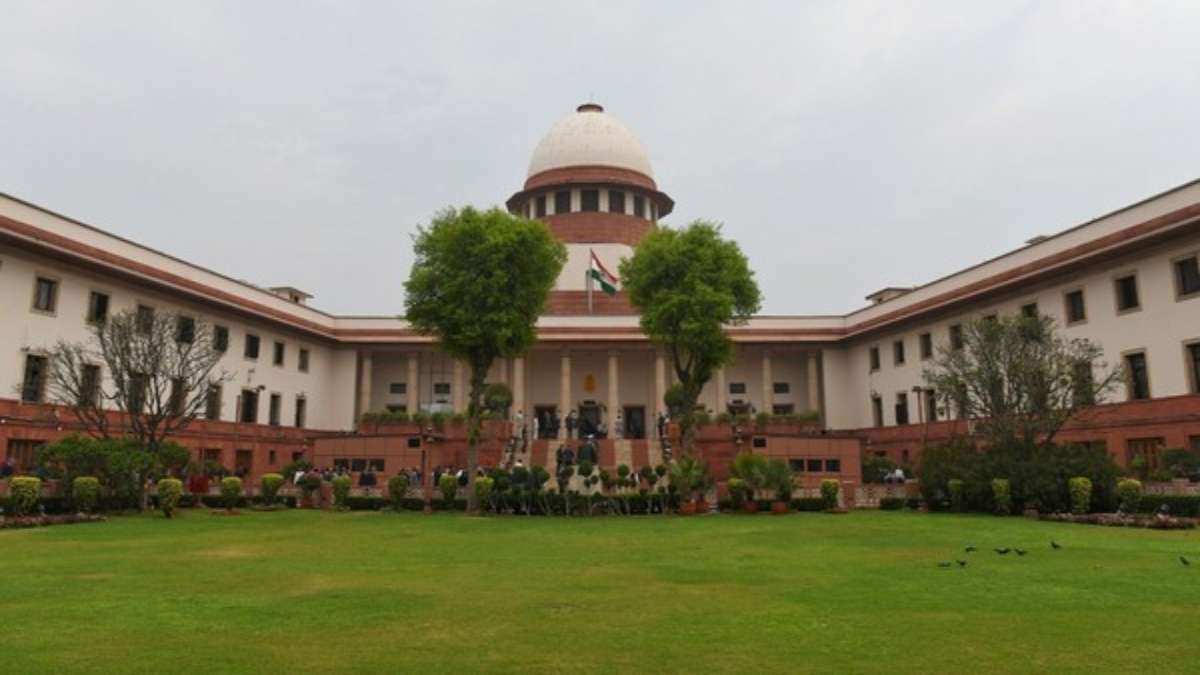
The Supreme Court of India has rejected a plea seeking the removal of Urdu from a municipal council's nameboard, stating that no language belongs to a religion and emphasizing the cultural significance of language. The court highlighted the intricate relationship between Hindi and Urdu, which have been divided by colonial powers on the basis of religion. The court also noted the historical development and refinement of Urdu, making it the language of choice for renowned poets.